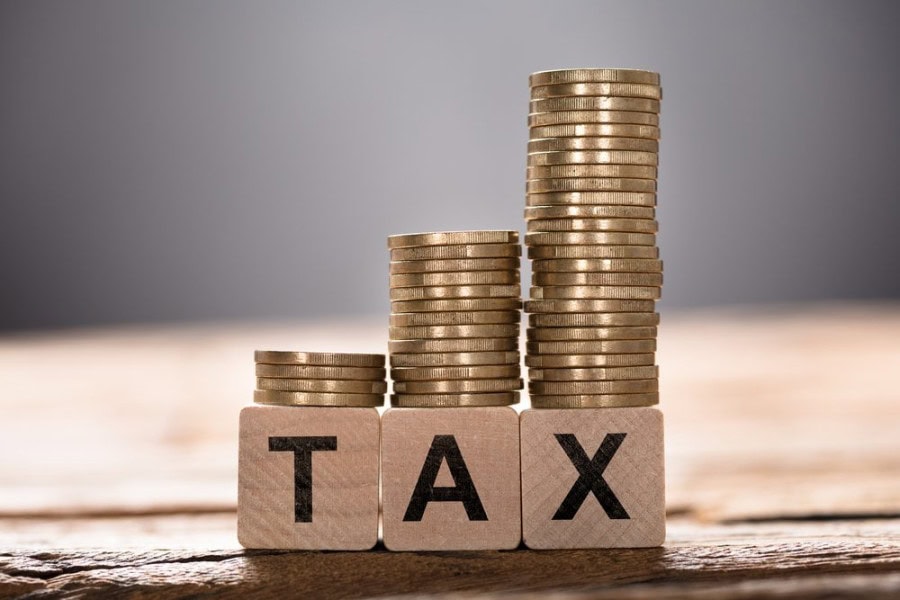Islamabad: In a bid to secure the deal with the International Monetary Fund (IMF), the government, on Friday, revised tax rates for the salaried class. The government revised and brought down the tax exemption limit from Rs 1.2 million to Rs 600,000 a year.
Read: Breakthrough in Pak-IMF talks
Per the proposed upward slab, people earning Rs 50,000 to Rs 100,000 will pay a tax of 2.5 per cent. At the same time, those earning Rs 100,000 to Rs 300,000 will pay a tax of 12.5 per cent, an increase from last year’s 7.5 per cent.
Read: 10% ‘super tax’ on big industries announced by PM Shehbaz
However, earners whose income exceeds Rs 3.6 million a year but does not exceed Rs 6 million will pay 20 per cent tax (last year: 17.5 per cent).
For those, who earn Rs 6 million to Rs 12 million a year, an income tax of 25 per cent has been proposed, up from last year’s 22.5 per cent.
Lastly, from those, whose income exceeds Rs 12 million a year bracket, a tax amount of Rs2,004,000 plus 32.5 per cent of the amount exceeding Rs12 million will be deducted.
It is pertinent to mention that the decision to increase tax rates for the salaried class has come due to the failure of the government to persuade the IMF on relief granted in the budget 2022-2023. The government revised tax rates for the salaried class in order to fetch a net additional amount of Rs35 billion into the national kitty.










